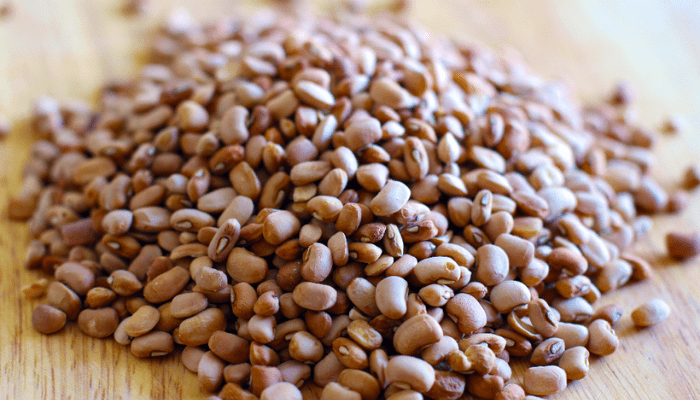Nigeria Loses $363 Million Annually from EU Ban on Beans Export

The Alliance for Action Against Pesticides in Nigeria (AAPN) has revealed that Nigeria incurs annual losses of approximately $363 million as a result of the European Union’s prohibition on Nigerian bean exports, attributed to hazardous pesticide residues.
Professor Simon Irtwange, Co-Founder of AAPN, disclosed this information at a press briefing held on Thursday in Abuja, under the theme “Stop the Spread of Highly Hazardous Pesticides (HHPs).”
He stated that over 76% of Nigeria’s agricultural exports are consistently rejected by the EU due to safety concerns related to pesticide contamination.
He further mentioned that over the past decade, the rejection has impacted not only beans but also sesame seeds, melon seeds, dried fish, peanut chips, groundnut, palm oil, and yam.
Irtwange observed that these trade restrictions lead to substantial financial losses and impair the nation’s global reputation.
Referring to available data, Irtwange highlighted that Nigeria utilizes approximately 23,400 metric tonnes of pesticides annually across agriculture and other sectors.
He noted that as of 2017, Nigerian farmers and agro-based enterprises expended an estimated $400 million annually on pesticides, according to statistics from the Nigerian Stored Products Research Institute.
“Currently, Nigeria registers and permits over 400 pesticide formulations, more than 50% of which are deemed highly hazardous and are prohibited in the EU, US, and parts of Asia,” he stated.
Irtwange emphasized that over 80% of pesticides distributed to smallholder farmers in Nigeria have been banned or phased out internationally, primarily due to health and safety issues.
He identified frequent health issues associated with these chemicals, including respiratory problems, skin rashes, nausea, vomiting, and eye irritation.
He cautioned that chronic exposure could lead to reproductive disorders, cancers, and neurotoxicity.
Calling for immediate action, Irtwange implored legislators, agricultural ministries, and philanthropic organizations to advocate for safer alternatives, such as bio-pesticides, organic fertilizers, and agroecological practices.
He recommended that these alternatives be integrated into constituency projects, input support schemes, extension services, and budget allocations, particularly to benefit smallholder farmers.
“The National Assembly should pass a pesticide and agroecological control bill aimed at safeguarding the health and environment of Nigerians.
“The bill should encourage full disclosure, transparency, public participation, and robust oversight,” he added.
Mrs. Oreoluwa Adelakun, Legal Lead at AAPN, also addressed the gathering, urging lawmakers and regulatory bodies to cease the distribution of highly hazardous pesticides in Nigeria.
She criticized the ongoing dissemination of toxic agrochemicals through constituency projects, noting that many farmers and communities remain unaware of the long-term health and environmental risks.
She cautioned that these substances are polluting water bodies, degrading soil quality, and exposing vulnerable groups such as farmers, pregnant women, children, and consumers to grave risks.









